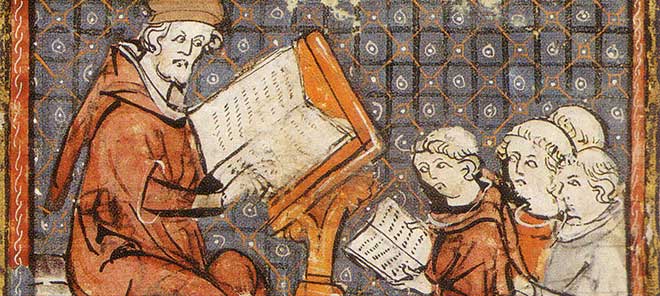
Bridges vol. 39, May 2014 / Pielke’s Perspective by By Roger A. Pielke, Jr.
With apologies to John Maynard Keynes, much of what occurs in discussions of science policy is in servitude to the ideas of some defunct scientist from quite a few years back. A fascinating workshop in Bonn, Germany, last month explored the deep historical currents that shape how we think today about the role of science in society.
The concepts that we use in science policy reflect historical debates about class, economics, and politics that exert continuing influence on how we think about the role of publicly supported research in society. Here I will describe some of what stood out for me among the impressive array of historical research presented at the conference workshop.
The notion of the “pure science ideal” has long been part of the history of science policy. It turns out that many of the stories still told today about “pure science” in history may actually be fables constructed to impart lessons. Graeme Gooday of the University of Leeds explained that, a century ago, scientists went to great lengths to construct narratives that reinterpreted applied science not as a unique endeavor but rather as built upon a necessary foundation of previously completed pure science discoveries. Gooday writes that such histories “colonize[d] ‘applied science’ and reconfigure[d] it as if it were not only a subordinate branch of ‘pure science’ but somehow – thanks to a considerable resort to amnesia – always had been.” This colonization was, of course, to create a future place for “pure science” in government budgets at a time when industry and government were developing a deeper appreciation for the value of research. Read more…

